返回
NTU MOOC Study Notes - Session 5 Blockchain Beyond the Basics: Reimagine What's Possible
Study Notes
By HackQuest
Jul 2,20244 min readDate: 9:00-11:30 AM SGT, July 2nd 2024 / 9:30-11 PM EST, July 1st 2024
Session Title: Blockchain Beyond the Basics: Reimagine What's Possible
Overview
Main Topic: Understanding the process of ideating and building applications in the Web3 ecosystem.
Objectives:
1.Learn about the fundamentals of Web3.
2.Understand the tools and resources available for building on Web3.
3.Explore key concepts such as decentralized finance (DeFi), non-fungible tokens (NFTs), decentralized autonomous organizations (DAOs), and more.
Section 1: Introduction to Web3
1.1 What is Web3?
●Definition: Web3 is the next evolution of the internet emphasizing decentralization, blockchain technology, and token-based economics.
💡
Web3 is not just about technology, it's about creating new business models and rethinking traditional ones
1.2 Web2 vs Web3
●Comparison: Web2 (centralized platforms) vs Web3 (decentralized, user-centric platforms).
In Web3, users have ownership and control over their data and digital assets, which is a fundamental shift from Web2.
Section 2: Key Components of Web3
2.1 Blockchain Technology
●Definition: A decentralized and distributed digital ledger system that records transactions across many computers ensuring security, transparency, and immutability.
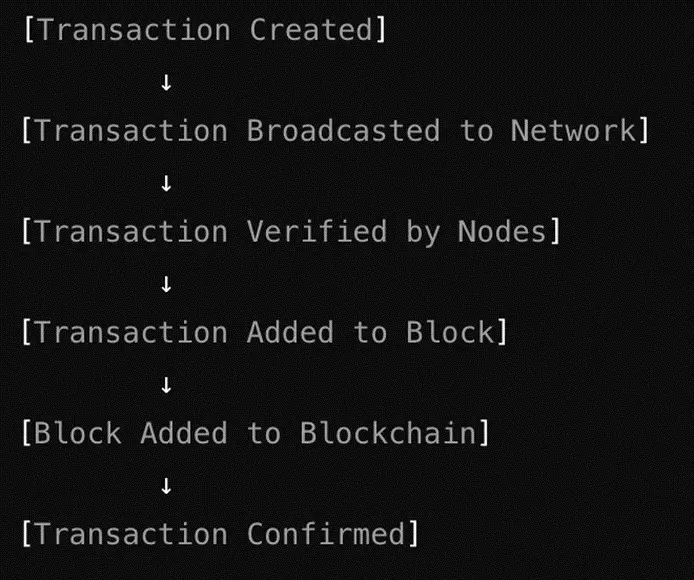
2.2 Smart Contracts
●Definition: Self-executing contracts with terms directly written into code.
●Applications: DeFi, supply chain, insurance, voting, digital identity.
●Advantages: Efficiency, security, trust, precision, direct execution.
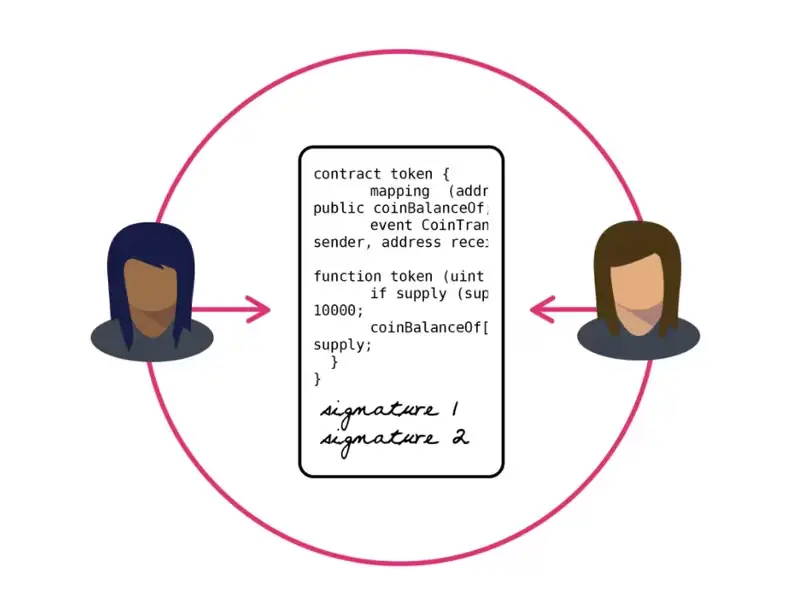
💡
The beauty of smart contracts is that they are self-executing and eliminate the need for a trusted third party.
2.3 Cryptocurrencies
●Definition: Digital or virtual currencies using cryptographic techniques to secure transactions.
●Characteristics: Decentralization, blockchain-based, cryptography, peer-to-peer transactions, fixed or algorithmic supply, pseudonymity.
●Definition: Software applications that run on a decentralized network, typically a blockchain.
●Examples: Marketplaces, gaming, social networks, digital IDs, DeFi.
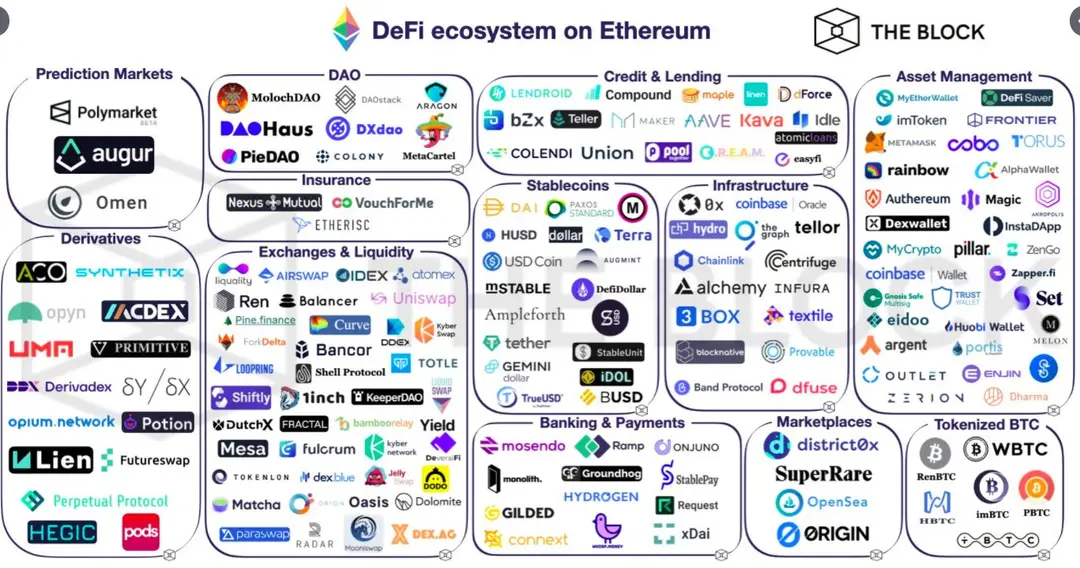
Section 3: Benefits of Web3
3.1 Decentralization
●Advantages: Enhanced security, censorship resistance, increased transparency, user empowerment, improved resilience, open ecosystem, fairer economic models.
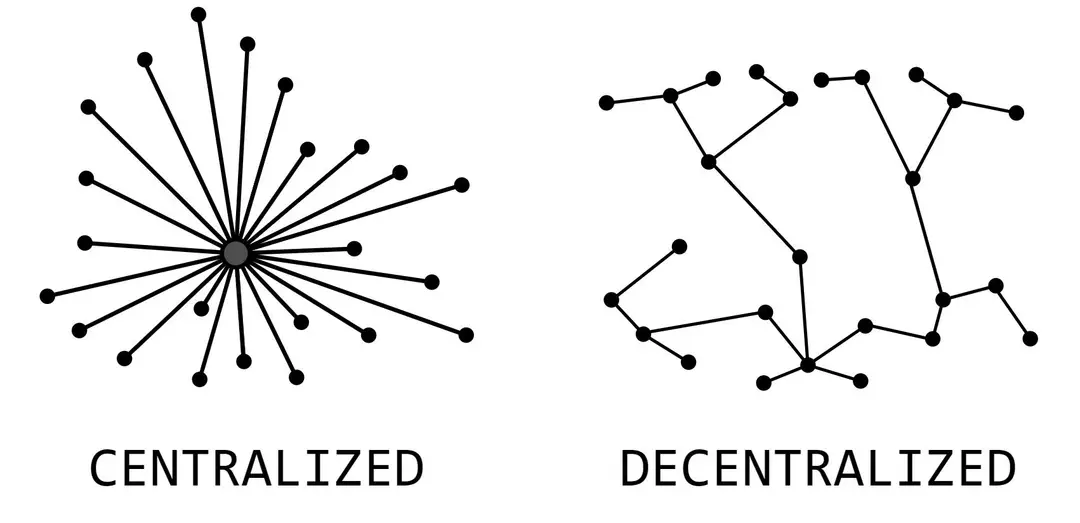
Web3 is all about decentralization, giving power back to the users and creating an open and fair ecosystem.
3.2 Transparency
●Benefits: Trust, accountability, fraud prevention, improved decision-making, fair economic systems, open access to information, user empowerment.
Transparency makes verification very easy, especially in a system that's immutable. It's hard to do fraud and say, 'Oh, you didn't send me this payment,' if I can see all the payments that were sent across the network.
3.3 Ownership
●Definition: Users have full control and rights over their digital assets, data, identities, and interactions without relying on centralized authorities.
Section 4: Ideation in Web3
4.1 Opportunities
●Decentralized Finance (DeFi): Innovate financial products and services leveraging blockchain’s transparency, security, and decentralization.
●Non-Fungible Tokens (NFTs): Explore the creation and application of NFTs in various domains beyond art.
●Decentralized Identity (DID) and Authentication: Develop solutions for self-sovereign identities and secure authentication mechanisms.
●Decentralized Autonomous Organizations (DAOs): Innovate in the creation and management of DAOs to facilitate decentralized governance and community-driven projects.
●Decentralized Social Networks: Rethink social media and content distribution with decentralized protocols.
●Supply Chain and Logistics: Use blockchain to enhance transparency, efficiency, and trust in supply chains and logistics.
●Web3 Infrastructure and Development Tools: Build tools and infrastructure to support the growth and development of the Web3 ecosystem.
Section 5: Challenges
5.1 DeFi Protocol Development
●Challenge: Design a decentralized lending platform that offers innovative interest rate mechanisms.
💡
Decentralized finance (DeFi) is revolutionizing the financial industry by removing intermediaries and providing greater transparency and accessibility.
5.2 NFT-Based Music Distribution
●Challenge: Create a platform where musicians can mint their music as NFTs and sell it directly to fans.
💡
NFTs are more than just digital art; they represent ownership and provenance in the digital world.
5.3 Decentralized Identity Platform
●Challenge: Develop a solution for managing digital identities across multiple dApps and services.
5.4 DAO Governance Tools
●Challenge: Build tools to improve decision-making processes within DAOs, such as voting systems and proposal management.
💡
DAOs enable community-driven governance and decision-making, creating a more democratic and inclusive way to manage projects.
5.5 Supply Chain Traceability
●Challenge: Create a blockchain-based solution for tracking the origin and journey of goods in supply chains.
5.6 Web3 Development Framework
●Challenge: Develop a framework or SDK that simplifies the development of Web3 dApps for new developers.
Section 6: Identifying Problems to Solve
6.1 Problem Statement
●Definition: Start with a clear problem that can be addressed with decentralization or blockchain.
Section 7: Ideation Techniques
7.1 Brainstorming
●Method: Generate ideas without judgment.
●Tool: Miro, Canva, Notion, Mural, Trello
7.2 Mind Mapping
●Method: Visualize connections between ideas.
●Tool: GitMind, Mindly, Wise Mapping, Draw.io
7.3 User-Centric Thinking
●Method: The user-centered design process involves understanding users and their contexts, identifying user pain points and needs, designing solutions to address those needs and evaluating the solutions to ensure they meet users' requirements
●Tool: Google forms, typeform
Section 8: Validating Your Idea
8.1 Market Research
●Method: Understand the demand and existing solutions.
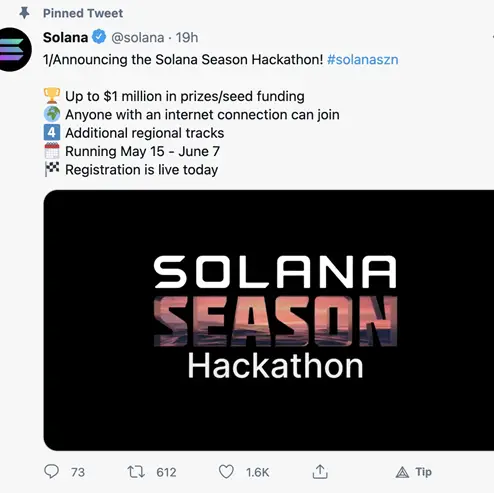
8.2 Feedback
●Method: Gather input from potential users or community members.
8.3 Prototyping
●Method: Build a simple version to test the concept.
Case Study: Uniswap
●Question: Explain how Uniswap identified and solved the problem of liquidity on decentralized exchanges.
●Uniswap identified the problem of liquidity on decentralized exchanges (DEXs) by recognizing that traditional order book models used in centralized exchanges were not well-suited for decentralized environments. Order book models require significant liquidity and active market makers to function efficiently, which was challenging to achieve on decentralized platforms. This resulted in low liquidity and high slippage, making it difficult for users to trade tokens seamlessly.
●Uniswap solved this problem by introducing an automated market maker (AMM) model. In the AMM model, liquidity is provided by users who deposit tokens into liquidity pools. These pools are then used to facilitate trades, with prices determined algorithmically based on the ratio of tokens in the pool. This approach ensures continuous liquidity, allowing users to trade tokens at any time without the need for a centralized order book or active market makers.
Decentralized exchanges like Uniswap are important because they offer several advantages over centralized exchanges:
1.Decentralization and Security: Users retain control over their funds, reducing the risk of hacks and fraud associated with centralized exchanges where funds are held in custodial wallets.
2.Accessibility and Inclusivity: Anyone can list a token on a DEX, providing greater access to a wider range of tokens compared to centralized exchanges, which may have restrictive listing criteria.
3.Censorship Resistance: DEXs operate on blockchain technology, making them less susceptible to censorship and regulatory shutdowns.
4.Transparency: Transactions on DEXs are recorded on the blockchain, providing transparency and auditability.
Section 9: Building in Web3
9.1 Getting Started with Development
●Choosing a Blockchain: Ethereum, Solana, etc., based on project needs.
●Development Tools: Metamask, Truffle, Hardhat.
●Fun Tip: EthScaffold
9.2 Smart Contracts
●Definition: Programs that execute on the blockchain.
●Languages: Solidity (for Ethereum), Rust (for Solana).
●Development Tools: Remix, OpenZeppelin for Solidity.
9.3 Building dApps
●Frontend: Connect with the blockchain using libraries like Web3.js, React.js, or Ethers.js.
●Backend: Interact with smart contracts.
●Deployment: Using platforms like IPFS or traditional hosting.
Section 10: Security Considerations
10.1 Common Vulnerabilities
●Examples: Reentrancy attacks, integer overflows.
●Best Practices: Regular audits, use of established libraries, bug bounty programs.
Section 11: Community and Collaboration
11.1 Importance
●Definition: Community-driven development and open-source contributions are key in Web3.
●Platforms: GitHub, Discord, Telegram, Signal, Twitter, Farcaster, Reddit.
Section 12: Participating in Hackathons and Grants
12.1 Opportunities
●Definition: Many blockchain platforms offer hackathons and grant programs.
●Benefits: Gain experience, funding, and community support.
Section 13: Learning and Growth
13.1 Resources
●Examples: Online courses, documentation, and tutorials.
●Staying Updated: Follow industry news, join newsletters, attend webinars.
Q&A
Q: How can someone get started in Web3 development?
A: For beginners excited about Layer 2 solutions (L2s) and Web3 development, there are ample resources available. Morph, for example, offers Morph Dev Tools which are great for onboarding new developers. Additionally, engaging with the community, sharing resources, and asking questions can significantly aid your learning process. Remember, many aspects of this space are new, so it's common not to know everything initially.
Q: How can I get my first job in Web3?
A: Joining a Decentralized Autonomous Organization (DAO) is a great way to gain hands-on experience in Web3. DAOs are more open than traditional Web2 ecosystems, allowing you to contribute to projects and build a portfolio. Look for DAOs related to your interests and start contributing. Platforms like Crypto Jobs List and newsletters with job sections, such as Weekend Ethereum, are also useful for finding opportunities.
Q: What DAOs would you recommend for beginners?
A: Start with DAOs related to your passions, such as Pizza DAO or Workout DAO, to understand how DAOs operate. For more technical involvement, explore DAOs focused on Web3 consulting and development. Crypto Jobs List and specific job boards can help you find DAOs and projects aligned with your skills and interests.
Q: How should the front end respond to Web3 interviews?
A: Different companies have varying interview processes, but showcasing your ability to build functional and aesthetically pleasing projects is crucial. Highlighting your experience with key libraries like Web3.js and React.js is important. Creating simple yet effective projects, like a basic wallet or a voting app, can demonstrate your front-end skills effectively.
Q: Are there project consulting services in Web3?
A: Project consulting in Web3 often falls within business development (BD). Larger organizations, like Mastercard, have small consulting teams focused on integrating Web3 technologies. These roles involve discussing the benefits of technologies with potential clients and contributing ideas for development.
Q: What are some exciting trends and technologies in Web3?
A: Impact spaces, such as reforestation and regenerative crypto economics, are particularly exciting. Projects that promote decentralization, privacy, and environmental sustainability, like those protecting privacy for nation states, are gaining traction. The longevity space, including initiatives like VitaDAO and decentralized science, is also emerging as a significant area of interest.
Q: How can Web3 provide global opportunities?
A: Web3 allows for global collaboration and flexible work arrangements. People from various backgrounds can work on projects, earn tokens, and participate in hackathons. This flexibility enables individuals to balance work and personal life better, promoting a more humane and fulfilling way of working.
Q: What motivated you to enter the Web3 space?
A: Initially working at Square on the Cash App team, I was intrigued by the limitations imposed by traditional financial systems. Discovering blockchain and cryptocurrencies during my maternity leave, I became involved in Ethereum through core contributor calls and hackathons. This journey led me to build a network and gain expertise in Web3, eventually leading events and contributing to the ecosystem's growth.
Quotes and Callouts
"Web3 is the technology that is blockchain and that cryptocurrencies are made from."
💡
Transparency makes verification very easy, especially in a system that's immutable. It's hard to do fraud and say, 'Oh, you didn't send me this payment,' if I can see all the payments that were sent across the network.